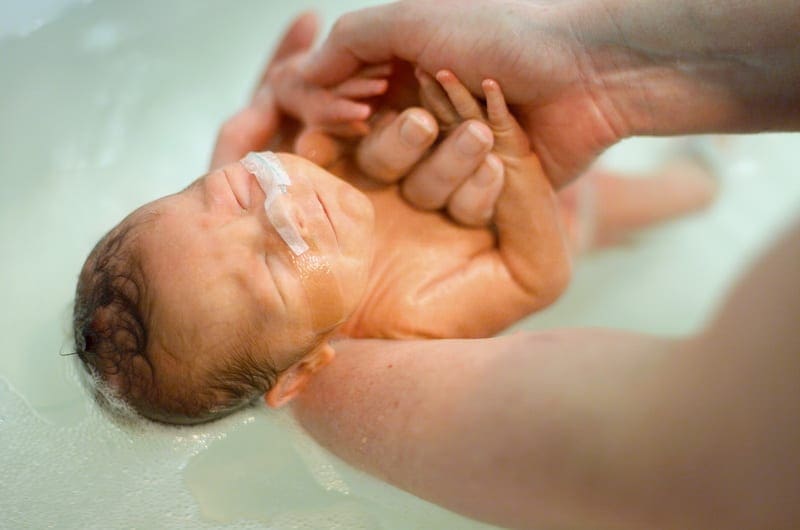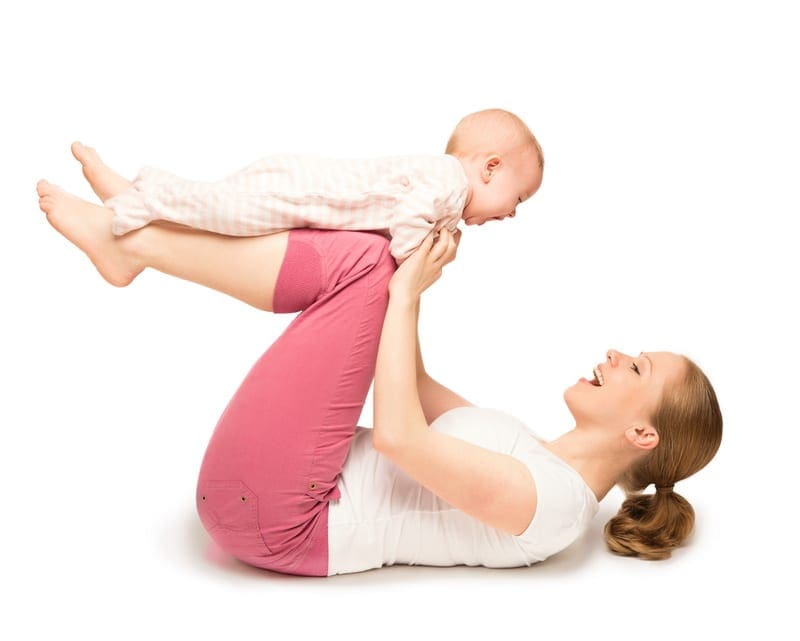Child anxiety disorders are on the rise, with one in eight children experiencing chronic anxiety. These disorders can have lasting effects on children if left untreated. Thankfully, there are many ways to help children cope with their anxiety.
Stress is a common part of growing up in today’s world. With increased pressure to succeed in school and compete for jobs, it can be difficult for children to feel like they are “fitting in.” Developing coping skills at a young age can help children manage stress and navigate life’s challenges.
If your child frequently experiences headaches, stomachaches, or other aches and pains, they may have an anxiety disorder. Other telltale signs of anxiety in children include rapid heartbeats, panicked feelings, worry about everything, and temper tantrums. If your child is exhibiting any of these behaviors, it’s important to talk to a doctor or counselor to get them the help they need.
There are many other ways that your child might show symptoms of stress and anxiety, but any behavior that becomes problematic needs to be addressed and looked at. A health care provider should have your child diagnosed so that they can rule out any underlying medical conditions and develop a treatment plan.
The good news is that there are ways to manage child anxiety disorders. Some children may need medication to help them get over stress and anxiety, but many can learn how to calm themselves if they feel anxiety or panic. Parents can be the ultimate way that children learn coping skills by being good role models in the home.
Talk to your child about their anxiety, and reassure them that everyone experiences it at certain times. Help them understand that anxiety itself won’t harm them in any way, even though it feels horrible when it’s happening. Teach them coping skills that they can use the next time they feel anxious or panicked.
If your child is regularly feeling stressed or anxious, it may be worth speaking to a healthcare provider. This is especially true if your child has other health conditions, such as anemia, allergies, chronic ear infections, or disorders like bulimia or anorexia. By spotting these potential causes of stress and anxiety, you and your child can work on finding the best possible solution.
Sometimes, a child may have an anxiety disorder that does not present itself in disruptive behavior. Often, a child can be obedient and quiet, and the disorder may not be caught by the attention of teachers or parents. Anxiety that is never detected may cause other problems, such as depression and panic attacks, when the child reaches adulthood.
If you notice any changes in your child’s behavior, such as becoming withdrawn or showing any of the other symptoms we talked about, you should get a diagnosis. There’s a good chance that you can treat the child by helping them face their fears and develop self-esteem that will help them now – and throughout their lives.











